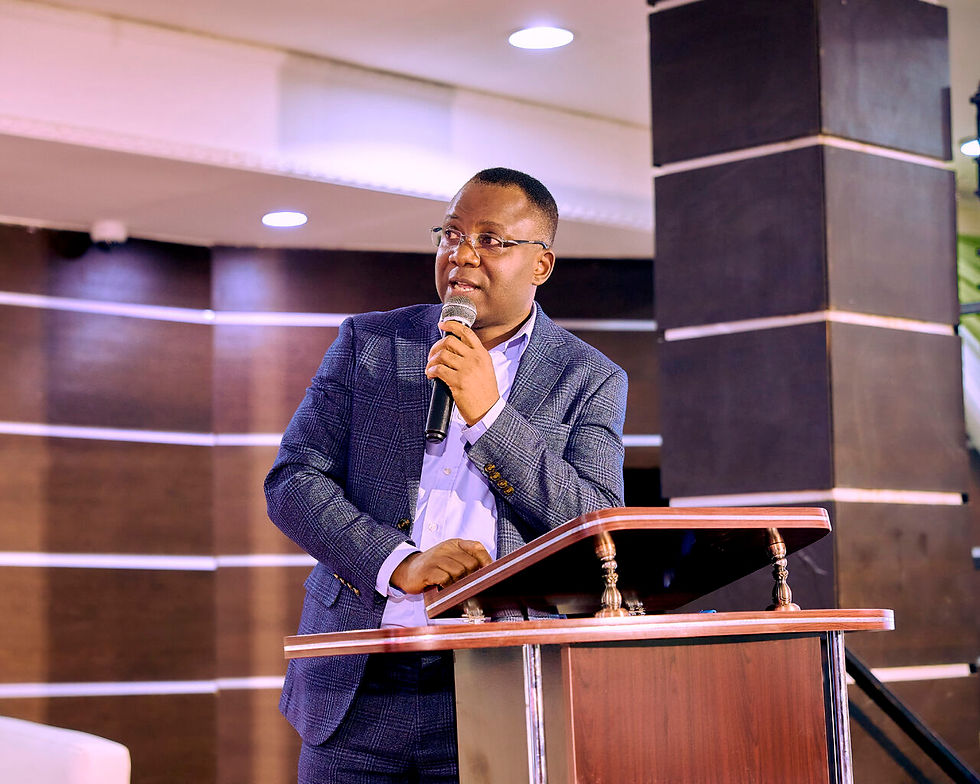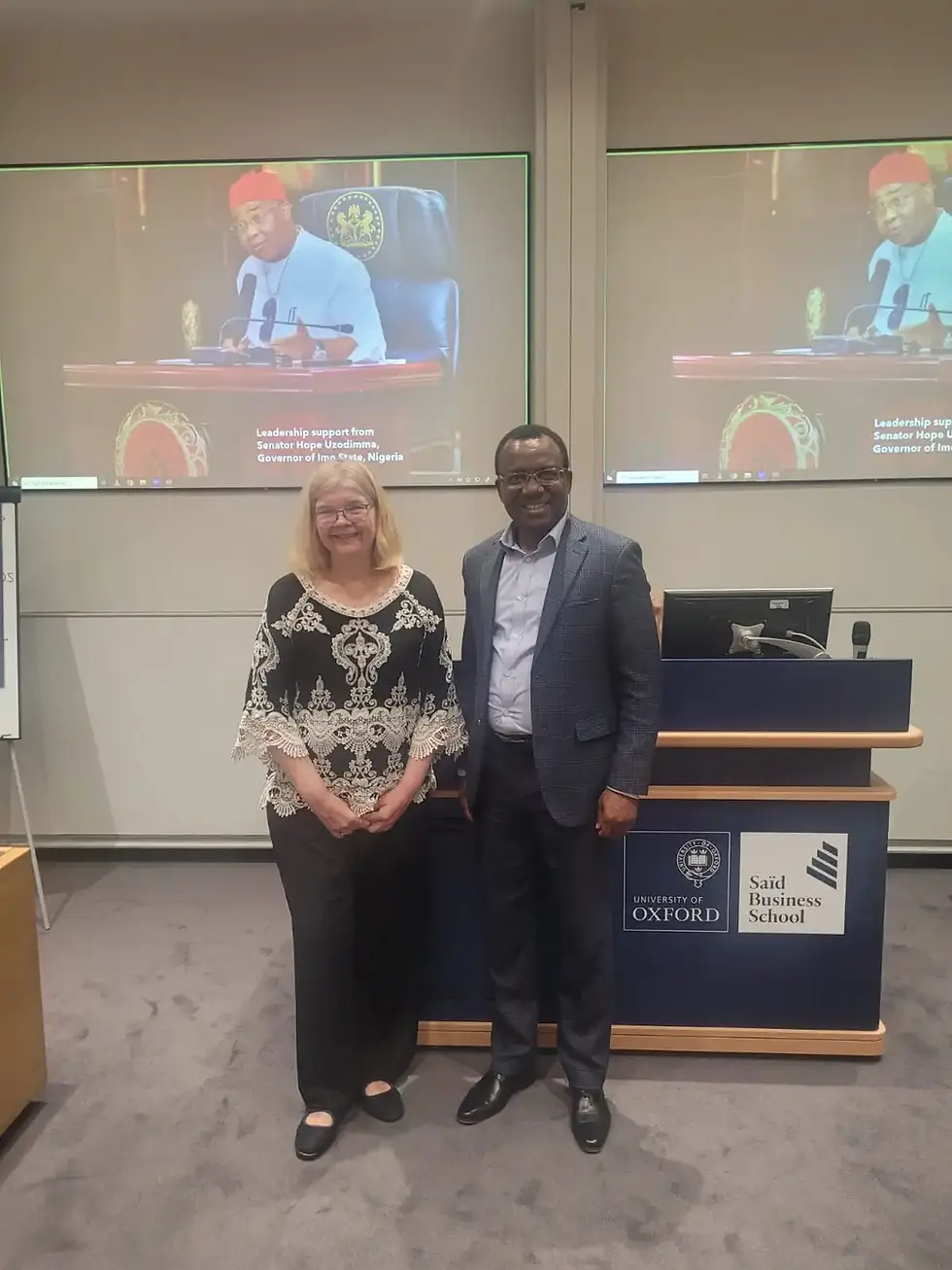OKOBI (One Kindred, One Business Initiative) as a New Path for Jobs and Growth in Imo State
- Sep 3, 2025
- 2 min read
Updated: Sep 6, 2025
I joined Arise TV’s Newsday to discuss an important initiative of the Imo State Government called One Kindred, One Business (OKOBI). The conversation gave me an opportunity to explain what OKOBI is about, why it matters, and how it is already changing lives.
What is OKOBI?
OKOBI stands for One Kindred, One Business Initiative. It is a program launched by the government of Imo State, under the leadership of Distinguished Senator Hope Uzodimma, to tackle unemployment and empower communities.
The idea is simple: every kindred is encouraged to come together and set up a business. This builds on our Igbo tradition of communal living. In the past, kindreds united to build churches, halls, roads, and other social projects. OKOBI channels that same energy into creating group-owned businesses.
Why It Matters
During the interview, I noted that about half of young people in Imo are unemployed. This is not just an economic challenge but also a social risk. OKOBI is one way to address this challenge by helping families create jobs for themselves rather than waiting for external solutions.
So far, the results are encouraging. In just 18 months, over 400 businesses have been registered, engaging more than 10,000 people. Many of these ventures are in agribusiness, but the model is flexible enough to support other industries as well.
The Principles of OKOBI
There are five key rules for an OKOBI business:
It must be registered – formal businesses are easier to grow.
It must be group-owned – no single individual business.
It must be profit-driven – this is not charity.
It must be employment-oriented – jobs are the goal.
It must be based in Imo State – to grow the local economy.
The government does not start by giving out money. Communities are first encouraged to contribute their own resources. This ensures commitment and ownership. Once businesses are in place, the state provides support in the form of technical assistance, training, and access to grants or competitions.
OKOBI is not about handing out “free money.” Instead, it is about making businesses investment-ready. The government has engaged consultants to guide families from idea generation to registration, and then to bankable projects. This way, when opportunities like loans or partnerships come, the businesses are ready to benefit.
A Model for the Future
The beauty of OKOBI is that it builds on what already exists in our culture. The Igbo apprenticeship model in Anambra is another example of group entrepreneurship that has stood the test of time. Similarly, the cooperative traditions in the southwest show the power of community-based economic action.
Even beyond Nigeria, development partners are beginning to take interest. At the New Institute in Germany, we recently explored how models like OKOBI could inspire solutions in other parts of Africa and beyond. Imo State may be the starting point, but the lessons from OKOBI can spread far wider.








Comments